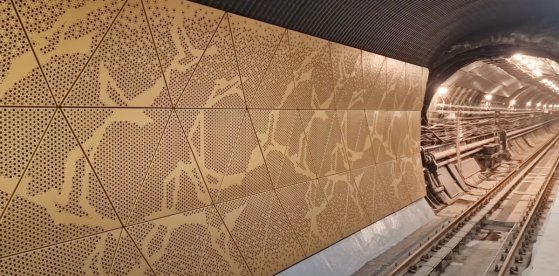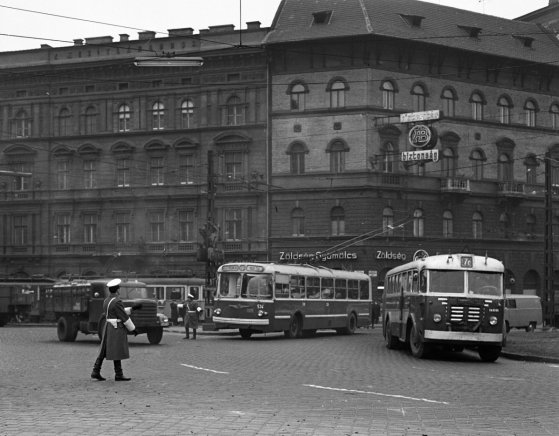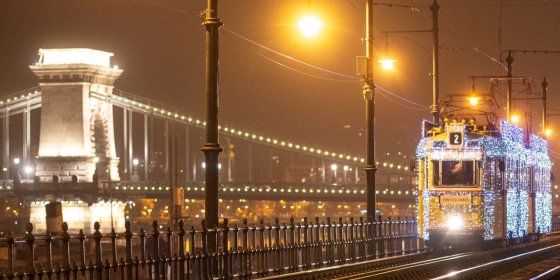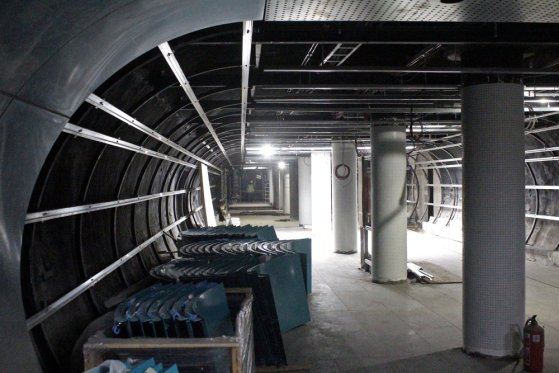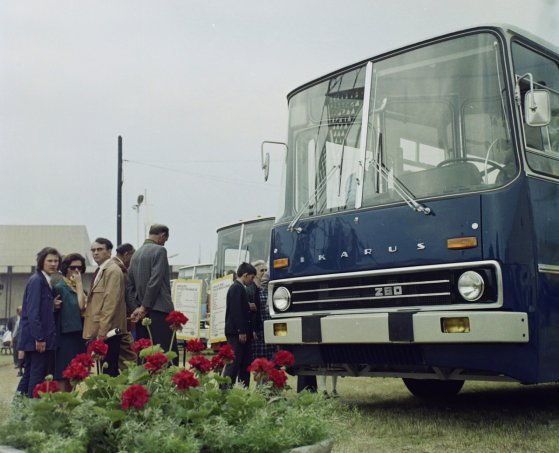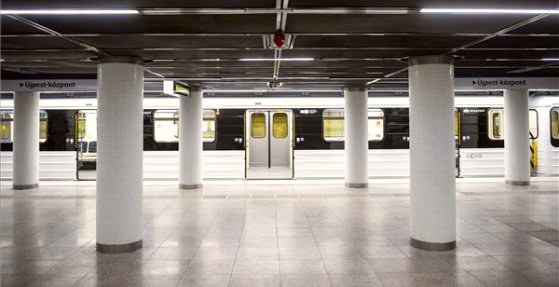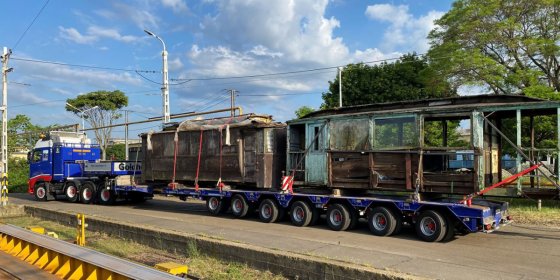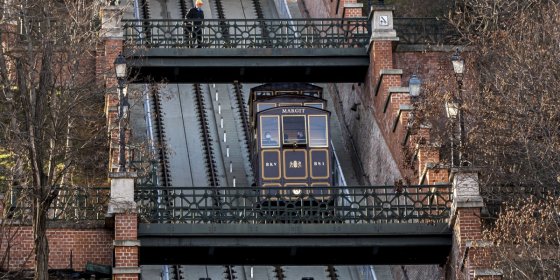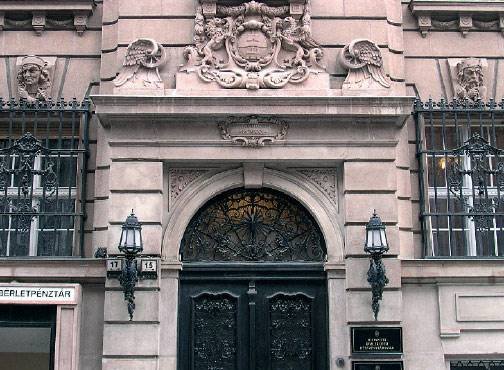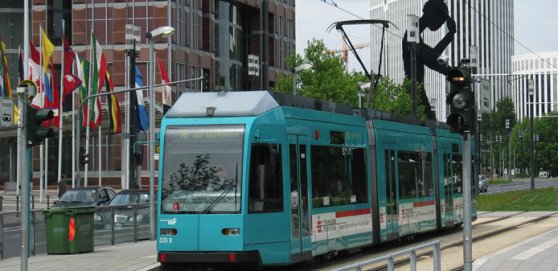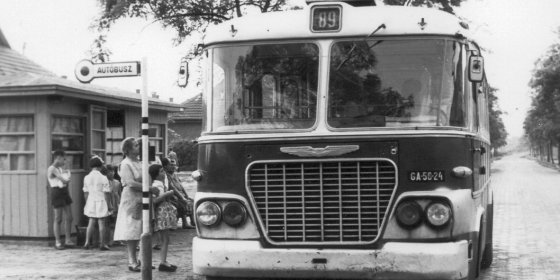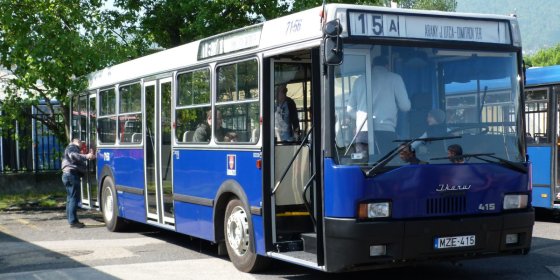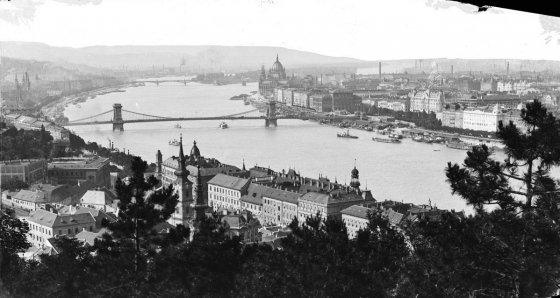 The „intertwined history” of the bridges and the city of Budapest
Which ideas and events have shaped the fate of bridges of Budapest and the cityscape? Alongside many other interesting facts, this question is also answered this newly published book by the Budapest City Archives, which introduces the history of bridges in Budapest.
The „intertwined history” of the bridges and the city of Budapest
Which ideas and events have shaped the fate of bridges of Budapest and the cityscape? Alongside many other interesting facts, this question is also answered this newly published book by the Budapest City Archives, which introduces the history of bridges in Budapest.
BKV
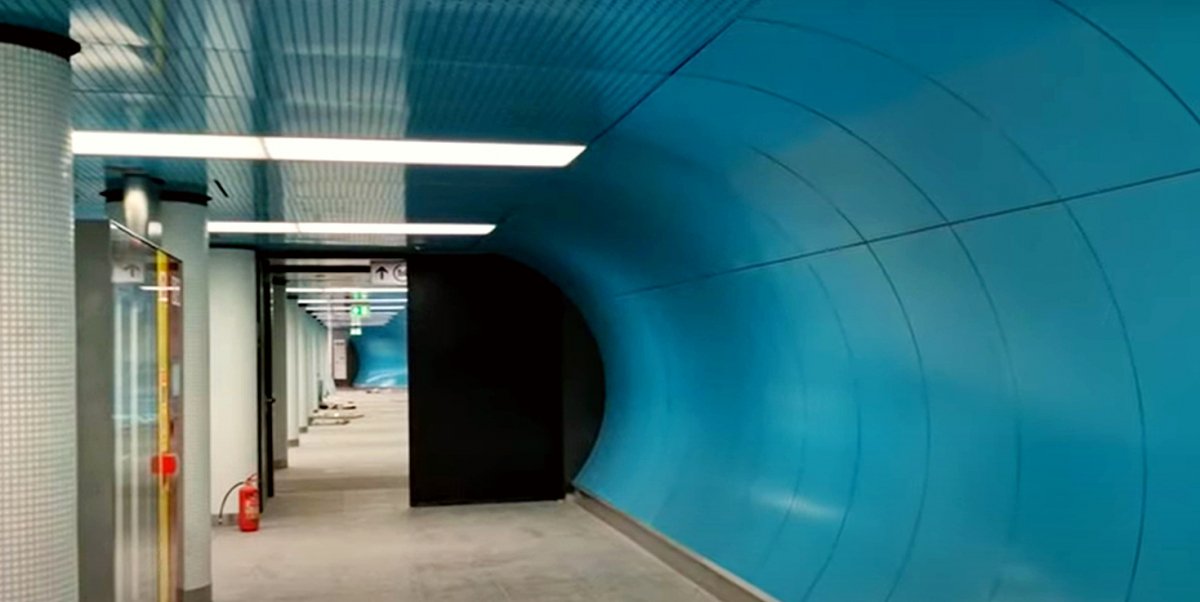 A mix of retro atmosphere and colours at the Deák Ferenc Square metro station
A mix of retro atmosphere and colours at the Deák Ferenc Square metro station
January 19, 2023 at 9:00 PM
The Deák Ferenc Square metro station will be opened to traffic on Monday, but it has already become clear what kind of sight will greet the passengers when they go down to the underpass. The designers' vision was to create a contemporary retro feel with tubular spaces and the use of a variety of colours, yellow, blue, turquoise and white.
Gilded metro station in Ferenciek Square
January 9, 2023 at 6:00 PM
The Ferenciek Square metro station will open soon, where passengers will encounter a sight completely different from what they were used to before. The traditional orange colour remained on the underpass level, but those arriving by the escalator will be greeted by a golden station. The colours and graphic motifs refer to the Franciscan order that gave the space its name.
BKV was established 55 years ago - There was a ticket inspector on all vehicles and one could travel cheaply
January 4, 2023 at 11:00 AM
On 1 January 1968, Budapest Transport Company took over the capital's public transport from three other companies. Until then, Budapest's trams, buses, suburban railways and other means of transport were operated by three independent companies, the Metropolitan Electric Railway Municipal Company, the Metropolitan Bus Municipal Company, and the Metropolitan Suburban Railway Municipal Company. In addition, the new organisation absorbed the Municipal Shipping Company.
The Advent tram will run again from Friday
November 24, 2022 at 7:00 PM
The attraction of the Advent and Christmas period is the Advent tram. This year, the nostalgia vehicle will appear not with the usual Christmas light decoration, but with a cozy interior decoration on tram line 2 and at several different points in the capital.
Ferenciek Square and Deák Ferenc Square metro stations will open to passengers in January
November 21, 2022 at 5:00 PM
From January, metro cars will stop at two more stations, Deák Ferenc Square and Ferenciek Square, on metro line 3, which is under renovation. Reconstruction work is still ongoing at four other locations: Lehel Square, Nyugati Railway Station, Arany János Street, Nagyvárad Square stations, and the finishing touches are being made to the installation of the elevators at Dózsa György Road.
Farewell to the Ikarus 200 – They defined the streetscape of Budapest for 50 years
October 18, 2022 at 9:00 AM
Budapest will soon say goodbye to a legend that defined the image of the city for decades. BKV is preparing to withdraw the last pieces of a bus family that was perhaps the most important bus type in the world at one time. The Ikarus 200s are leaving after fifty years.
The entire section of metro line M3 will be handed over next spring
September 22, 2022 at 4:00 PM
The reconstruction of the M3 is expected to be completed in May 2023, according to BKV. Ferenciek Square and Deák Ferenc Square stations will open to passengers in January, Arany János Street and Nyugati (Western) Railway Station stops will be handed over in March, and Nagyvárad Square and Lehel Square stations will open to passengers in May.
BKV's vehicle fleet has been enriched with vintage trams
May 28, 2022 at 4:00 PM
As a result of long research and preparatory work, the vehicle fleet of BKV Zrt. Was enriched with two special, vintage trams. One is a motor car made in 1895 and the other is a trailer made in 1910. Their restoration is scheduled to begin soon.
The Budavár Cable Car awaits the passengers renewed
February 9, 2022 at 9:30 AM
The Budavár Cable Car, which connects the banks of the Danube with the Buda Castle since 1870, has been renewed. The car of Margit and Gellért, a railway registered as part of the world heritage, received a new wood trim, and the windows and doors were replaced. During the overhaul, the safety equipment was refurbished and the tracks were also restored. The shuttle runs every day from 8 am to 10 pm.
BKV will also be part of the Budapest100 programme
September 9, 2021 at 3:00 PM
This year, BKV is also joining the Budapest100 programme: the company's headquarters in Erzsébetváros and the Ferenc Electricity Converter can be seen the second weekend of September by the curious.
Will there be air conditioning on the Frankfurt trams coming to Budapest?
July 6, 2021 at 5:00 PM
According to the BKV (Budapest Transit Company), the air conditioning of used Frankfurt trams can be solved by structural modifications.
The unified ticket and pass system was introduced in public transport in Budapest 55 years ago
July 1, 2021 at 9:00 AM
By the mid-1960s, there were already 130 types of tickets for transport companies in the capital. The system was non-transparent, and the companies had much less revenue from tickets than the cost of operating the system. Therefore, a new fare system was introduced in Budapest on 1 July 1966, which has actually survived to this day.
Another Icarus retires – The 415 family never became popular in Budapest
February 1, 2021 at 9:00 AM
Budapest has just bidden farewell to another bus type: the last Ikarus 415 was recently retired from service. The model appeared in Budapest in 1987 but never became dominant, even though the factory had planned to replace the classic 200 series with the new design. Rather, its role was similar to a substitute player: rarely allowed to shine.
More articles
 The „intertwined history” of the bridges and the city of Budapest
Which ideas and events have shaped the fate of bridges of Budapest and the cityscape? Alongside many other interesting facts, this question is also answered this newly published book by the Budapest City Archives, which introduces the history of bridges in Budapest.
The „intertwined history” of the bridges and the city of Budapest
Which ideas and events have shaped the fate of bridges of Budapest and the cityscape? Alongside many other interesting facts, this question is also answered this newly published book by the Budapest City Archives, which introduces the history of bridges in Budapest.
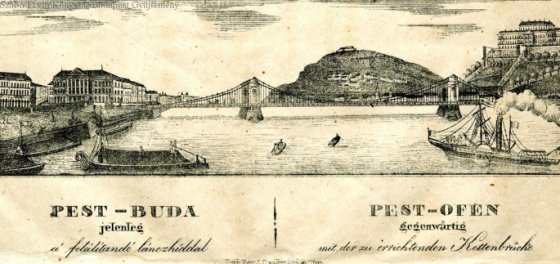 The Bridge Report, which brought a turning point in the history of Budapest
A travel report that changed the history of Pest and Buda, as well as Hungary. The little book contributed to the change of half a thousand years of legal customs and the implementation of an investment of unprecedented size and technical quality. This book was The Bridge Report [Hídjelentés in Hungarian].
The Bridge Report, which brought a turning point in the history of Budapest
A travel report that changed the history of Pest and Buda, as well as Hungary. The little book contributed to the change of half a thousand years of legal customs and the implementation of an investment of unprecedented size and technical quality. This book was The Bridge Report [Hídjelentés in Hungarian].
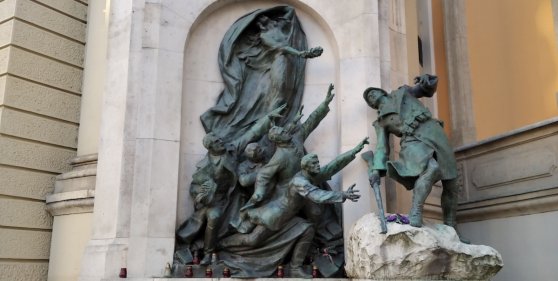 Drama on the university wall - The heroic monument was planned 95 years ago
In the constant hustle and bustle of the Egyetem Square in Pest, the students may not even notice the monument that decorates the short section of wall between the church and the central building of ELTE. However, it commemorates their predecessors, the heroes who fought for their country in World War I, and those who heroically helped them. The first design of the dramatically collapsing soldier was born in 1928, ninety-five years ago.
Drama on the university wall - The heroic monument was planned 95 years ago
In the constant hustle and bustle of the Egyetem Square in Pest, the students may not even notice the monument that decorates the short section of wall between the church and the central building of ELTE. However, it commemorates their predecessors, the heroes who fought for their country in World War I, and those who heroically helped them. The first design of the dramatically collapsing soldier was born in 1928, ninety-five years ago.

